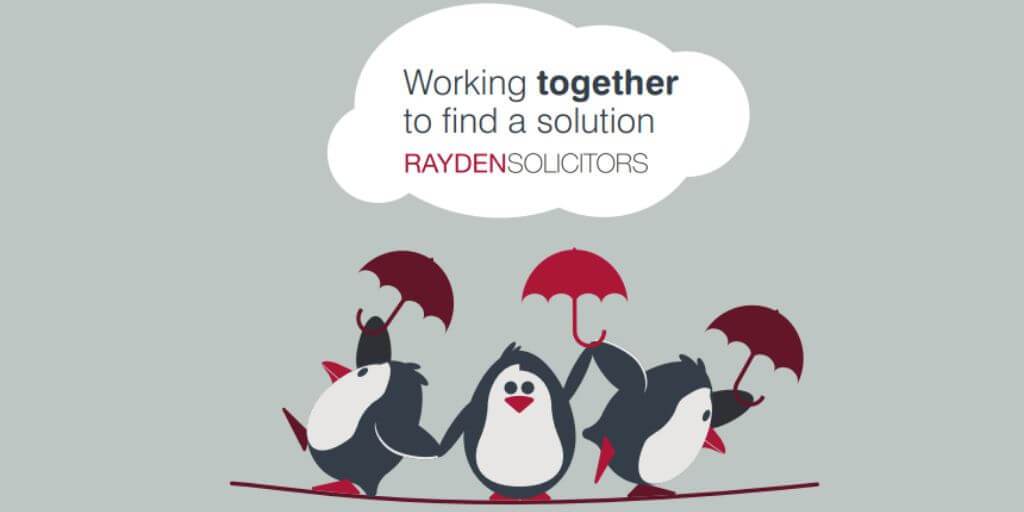Firstly, mediation is not counselling, coaching or legal or financial advice. Mediation empowers people to make decisions together. A good mediator will use skills of empathy, impartiality and questioning.
Empathy allows people to feel heard, and for their issues to be understood. We all want to be heard and to be listened to. In the court process, we sometimes say that clients need justice to be seen and heard. The same is true for any dispute resolution – we want to be heard, and understood, even if we do not get our own way. Empathy requires genuine interest in each individual’s reality, which is a particular challenge in mediation, where there can be two individuals who may come to the mediation room with very different understanding, fears, and concern.
As well as having empathy, a mediator must be impartial. This is difficult to do – we all form opinions and make judgments on other’s actions all the time. When we think we can clearly see the impact one person’s actions have on another it might be tempting to use mediation as a forum to educate. However, mediation must be non-judgmental. It must not pressure the parties into outcomes or solutions. It is designed to empower people to make their own decisions, and to come to those decisions together. Whilst an experienced mediator, especially one with a family law background will know what possible outcomes could be utilised, they must be put forward suggestions neutrally. If one outcome is pushed, that one person feels does not benefit them, the mediator will lose the trust that is needed for a successful mediation. Various options can be put forward for each scenario, by the parties themselves, but also by the mediator. For example, the mediator can explore different ways in which parents communicate about children, but must do so without pushing one method over another. A mediator might explain what a parenting app is and explore whether it is suitable by asking questions about how the couple feel about using an app, rather than saying how great an app can be.
To explore the options and understand the issues that might be preventing agreement, a good mediator will use open questions, and questions that go to the heart of the issues. This informs listening, and it enables a good mediator to enable the parties to find solutions that address their real issues, hopes and concerns.
What are the benefits of a good mediation?
In summary:
- Each person feeling that they have been heard and understood in the process
- Exploring not only legal issues, but other priorities. For example, it enables people to bring their emotional priorities, moral viewpoints and psychological dynamics into a consideration of future options, rather than a strict consideration of legal issues
- Being able to explore all the positives and negatives of various options in a safe space without commitment
- Considering finer details and implications of options, and modelling and tailoring these to the real life scenario
- Coming to a resolution that allows the couple to feel that they can still co-parent effectively, without a legal process that might damage or increase the conflict
- Feeling invested in the outcome and making it work
At Rayden Solicitors, we have a team of mediators who are also qualified family law solicitors and who will work with you to have a “good mediation” so please do not hesitate to contact us to discuss your options further.








